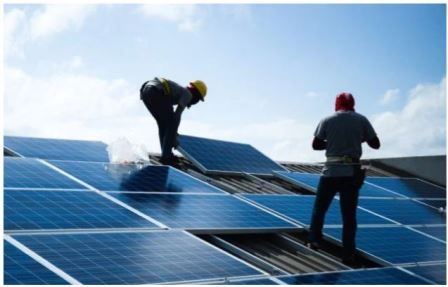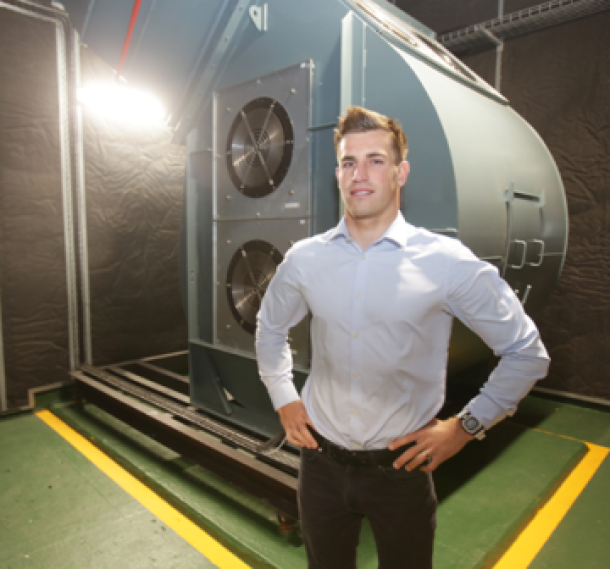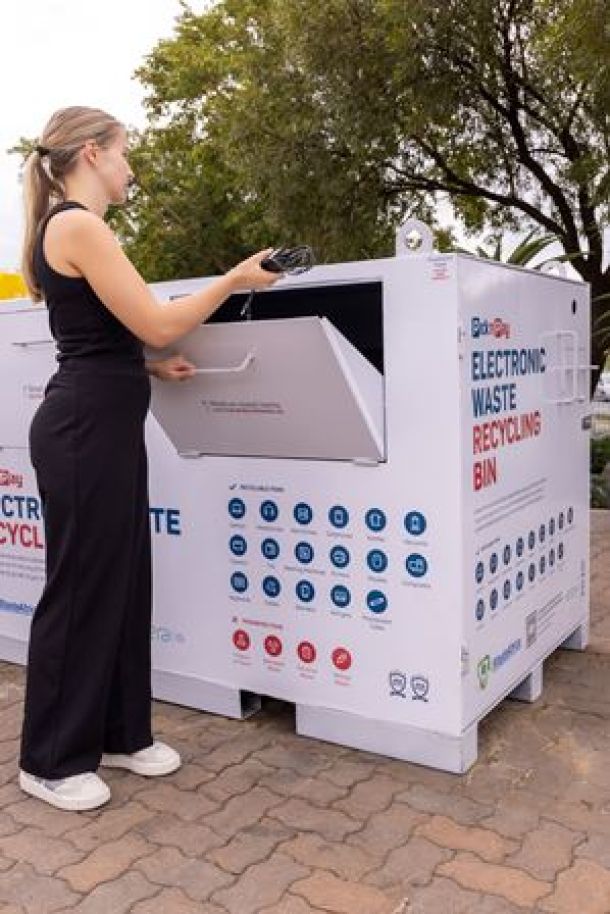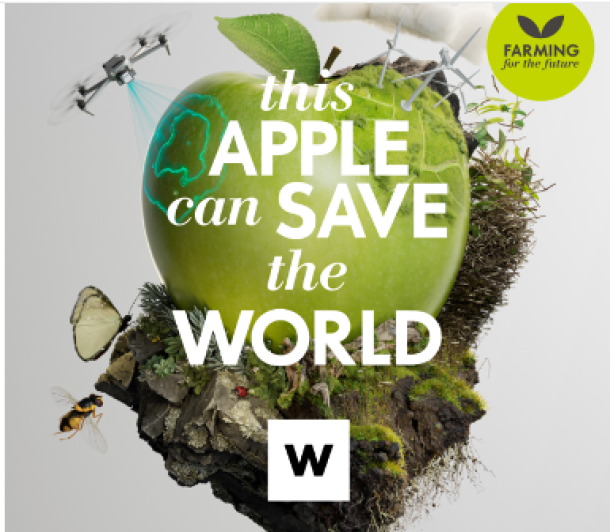
Tiger Brands to rollout solar power at manufacturing sites
Additional energy efficiency initiatives aim to maximise efforts to reduce the company’s reliance on the national grid and minimise impact on the environment
Tiger Brands will soon begin rolling out solar power at its manufacturing sites. This kicks off a multi-million-rand investment with the goal to have 65% of the business’ electricity requirements at a manufacturing level across South Africa sourced from sustainable energy solutions by 2030. This will be done through the procurement of Power Purchase Agreements from Independent Power Producers, as well as other renewable energy options.
Onsite solar power, and other renewable energy solutions, will be installed at 35 Tiger Brands manufacturing sites across South Africa by 2030, beginning with 4 sites, which will generate 2 megawatts of power, providing at least a third of their power usage.
The first 4 sites are Tiger Brands’ Henneman Mill in the Free State, King Foods in the North West, as well as its Beverages and HPC (Home and Personal Care) manufacturing plants in Gauteng.
Solar power generation at these sites is expected to go online between the last quarter of this year and the first quarter of 2023.
“Harnessing the power of natural energy sources is first and foremost about minimising our impact on the environment and doing our part to reduce reliance and strain on the national grid so that more South Africans have access to the resource,” says Derek McKernan, Tiger Brands’ Chief Manufacturing Officer.
Tiger Brands’ goal is to reduce its greenhouse gas emissions by 45% against science-based targets by 2030, with a target of net zero emissions by 2050.
Other than solar power, Tiger Brands is also exploring biogas, wind, batteries and hydrogen amongst others. The company has introduced several initiatives to reduce energy intensity at its manufacturing sites to maximise efficiency efforts. Some of these optimisation initiatives include detailed site investigations to identify water and energy reduction opportunities, as well as ensuring accurate measurement and metering at the sites. This is aligned with the business’ aim to reduce its energy intensity by 30% by 2030.
“This is not a one-size-fits-all solution that we are introducing. We want to ensure that we assess the requirements of each site individually and implement initiatives and innovations that best suit each site while removing all forms of power wastage,” says McKernan.
News Category
- International retailers
- On the move
- Awards and achievements
- Legislation
- Wine and liquor
- Africa
- Going green
- Supplier news
- Research tools
- Retailer trading results
- Supply chain
- Innovation and technology
- Economic factors
- Crime and security
- Store Openings
- Marketing and Promotions
- Social Responsibility
- Brand Press Office
Related Articles

Pick n pay upcycles air-conditioning systems, s...

Shoprite Group opens pathways to job opportunit...

Pick n Pay empowers shoppers in the fight again...

Massmart implements early leak detection techno...


